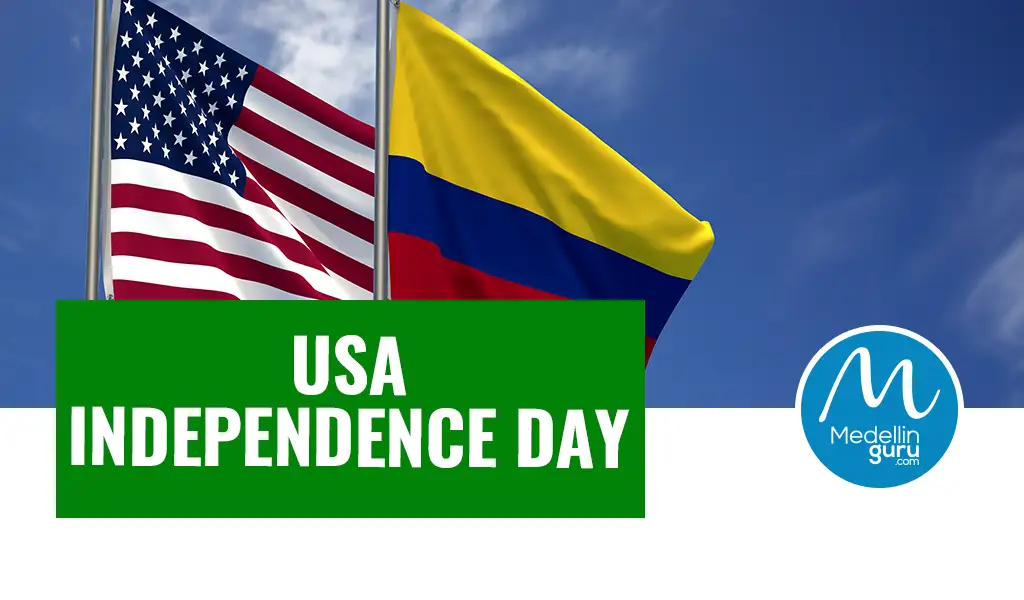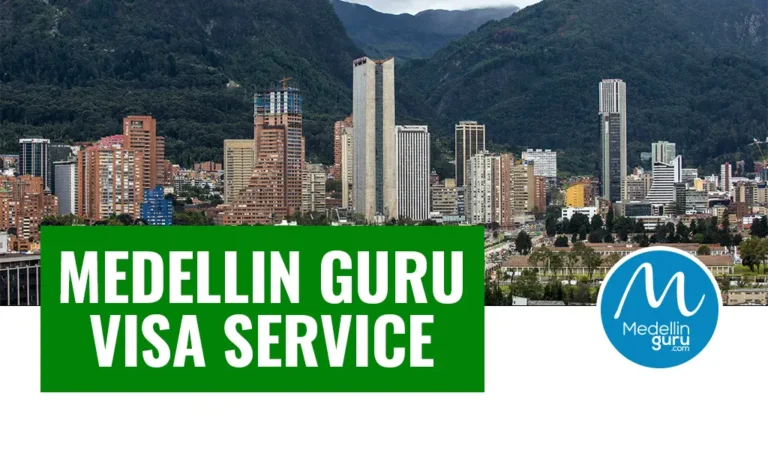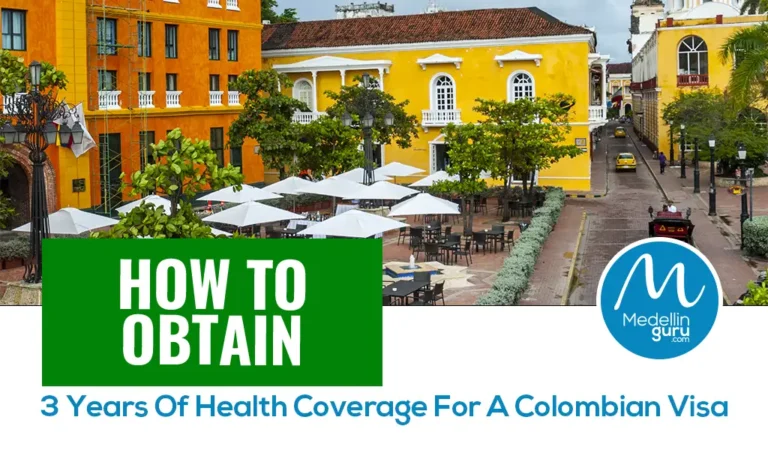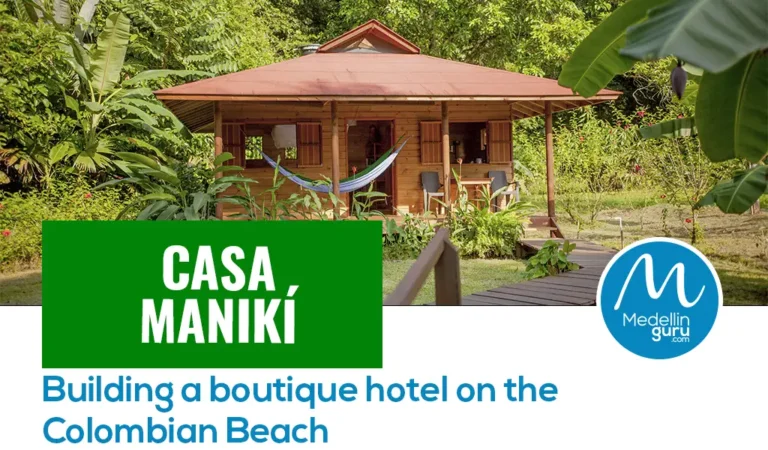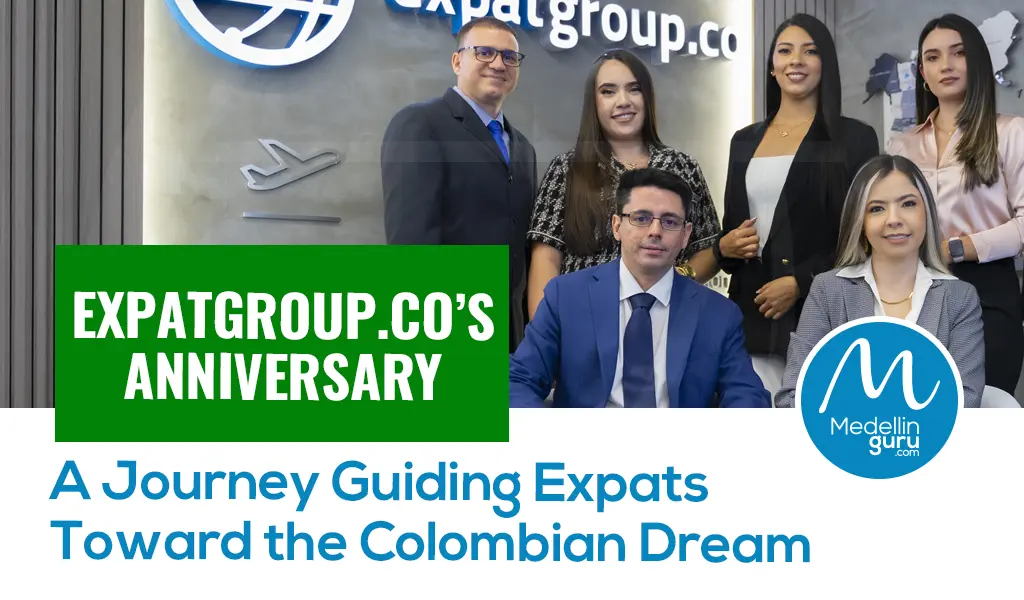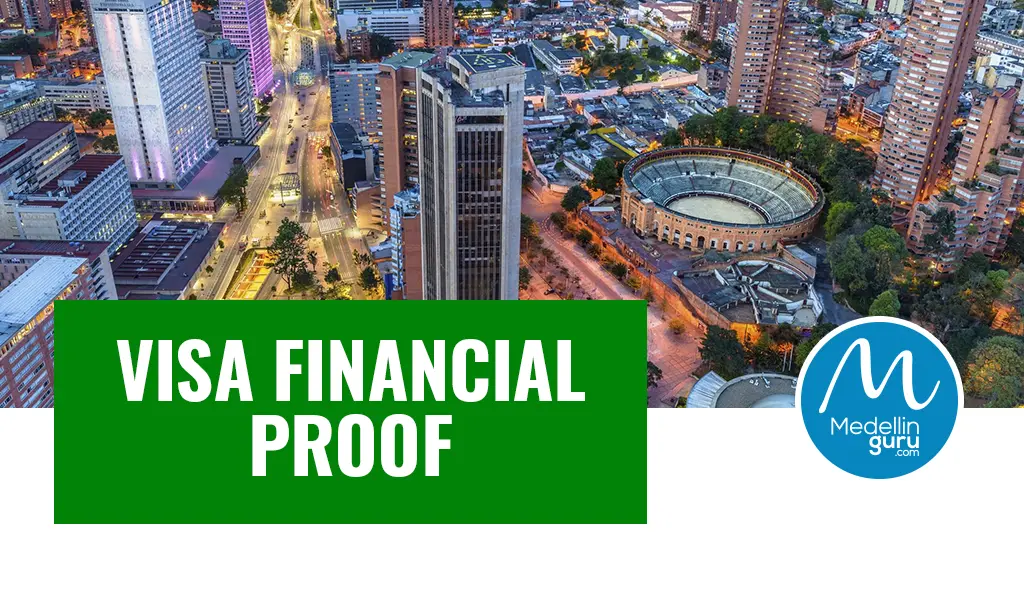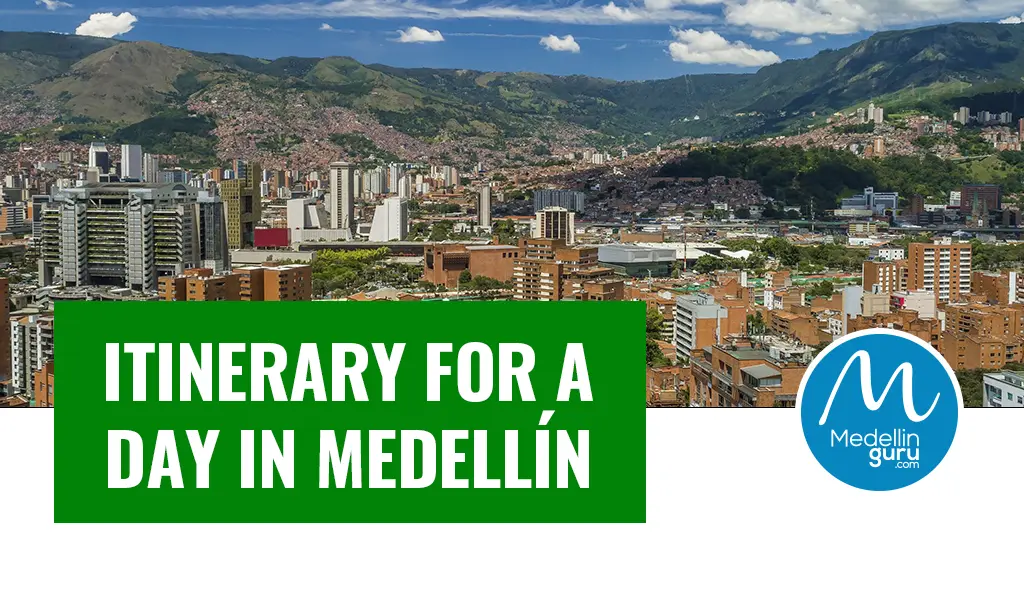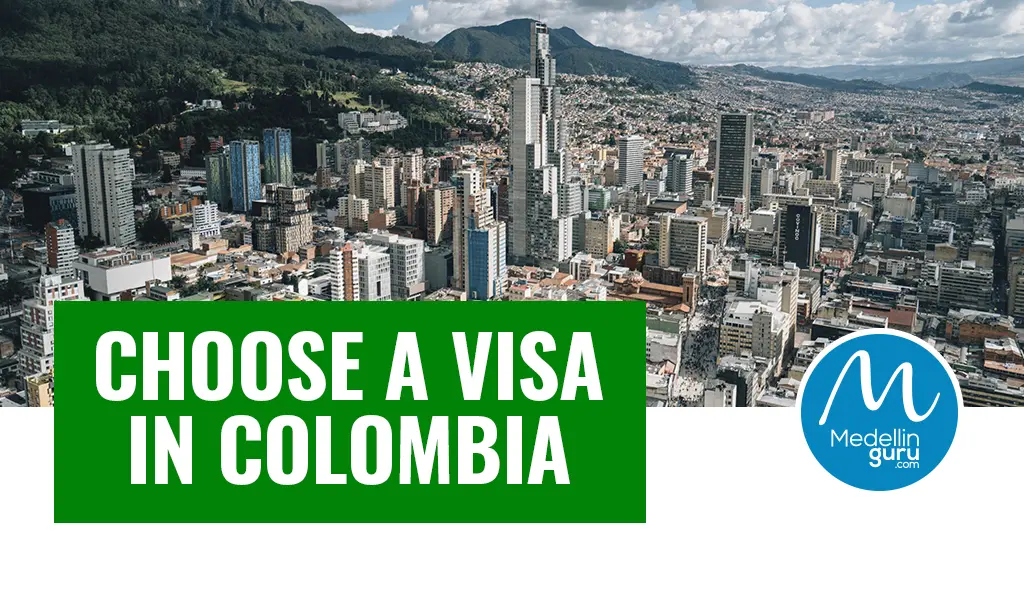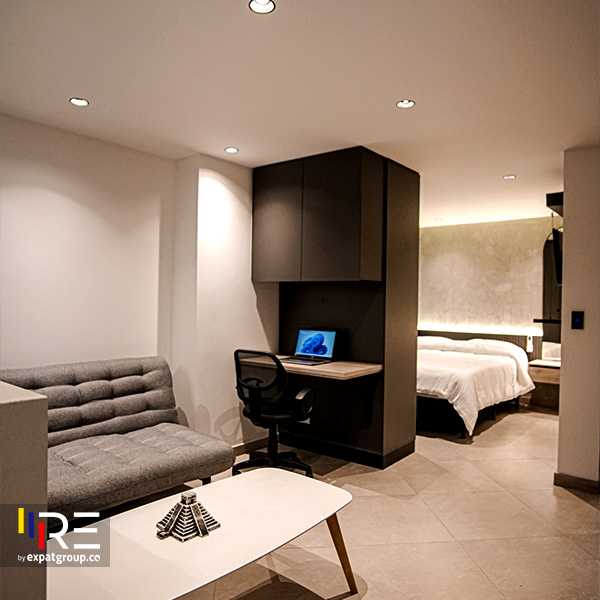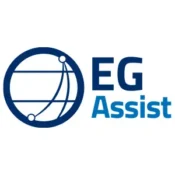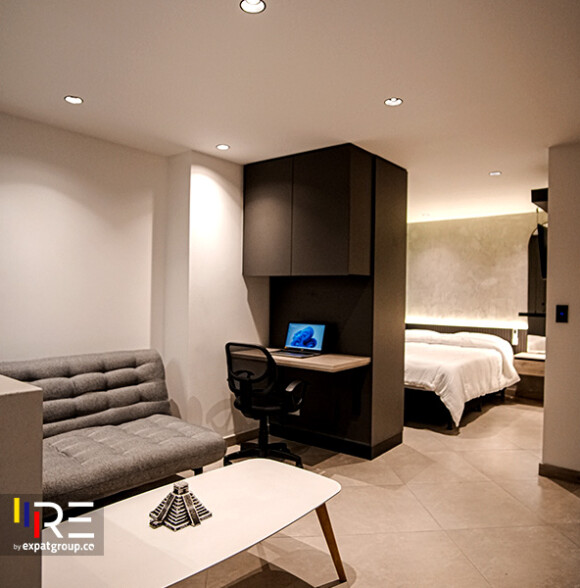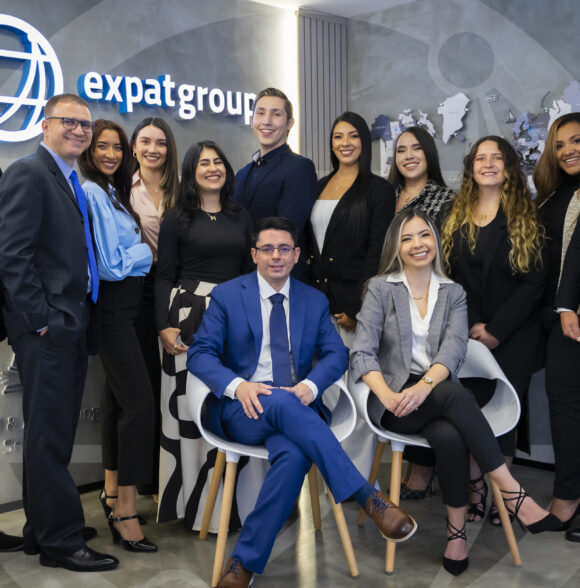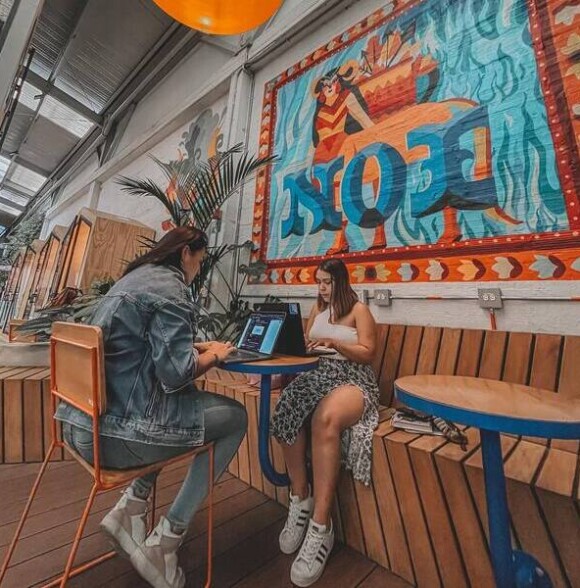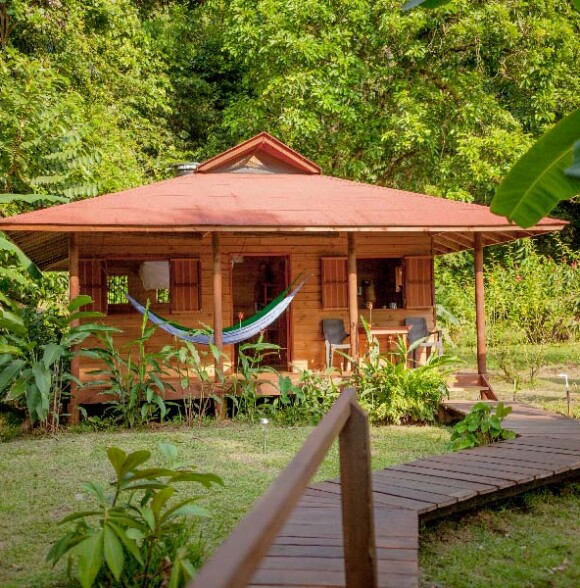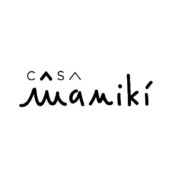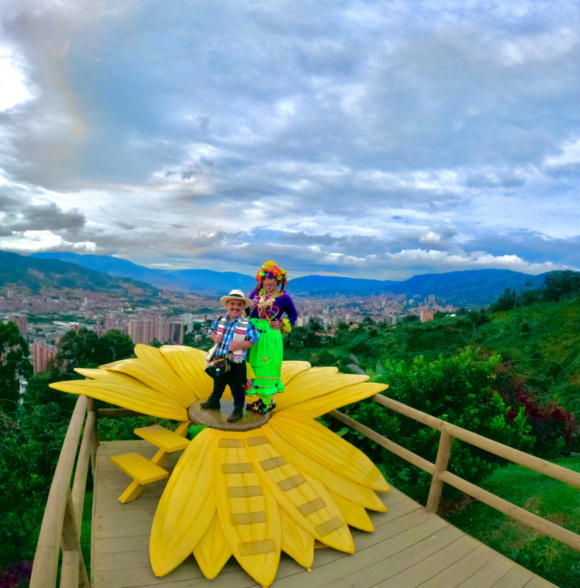Usa Independence Day, observed annually on July 4th, is a profoundly significant national holiday that commemorates the adoption of the Declaration of Independence in 1776, marking the nascent country’s formal separation from British rule. This pivotal moment in history established the United States as an independent nation, free from colonial governance and ready to forge its own destiny.
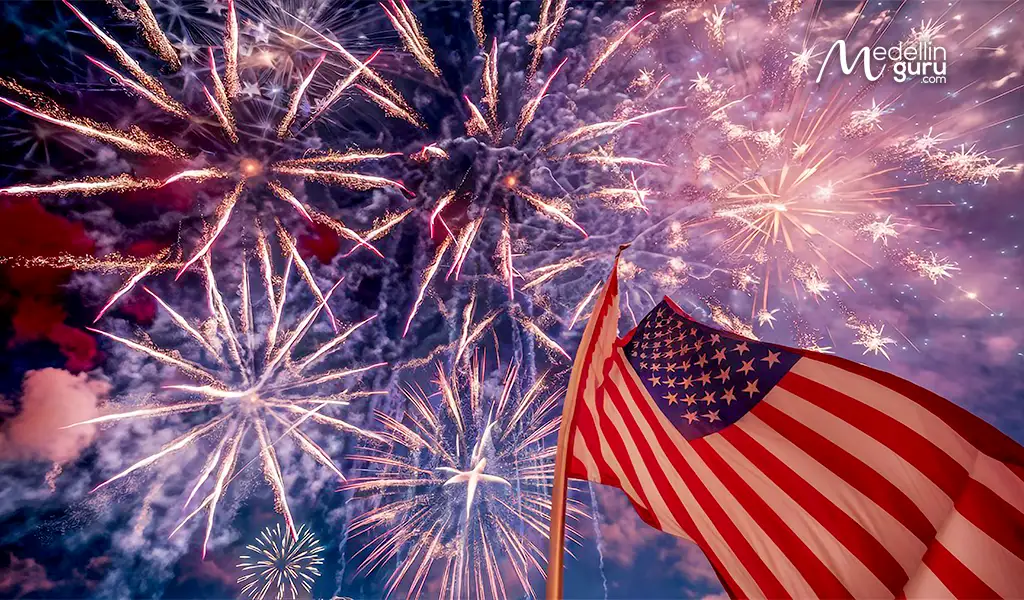
The celebration of the USA Independence Day is a vibrant tapestry of traditions that unites communities across the nation. Parades, often featuring marching bands, elaborate floats, and patriotic displays, wind through city streets and small towns alike, drawing enthusiastic crowds. Concerts, ranging from local band performances to large-scale orchestral events, fill the air with music, frequently culminating in stirring renditions of patriotic songs. Fireworks displays, perhaps the most iconic symbol of the holiday, illuminate the night sky with dazzling bursts of color and light. Beyond these spectacles, various cultural events, including historical reenactments, community picnics, barbecues, and sporting events, contribute to the festive atmosphere, fostering a sense of shared heritage and camaraderie.
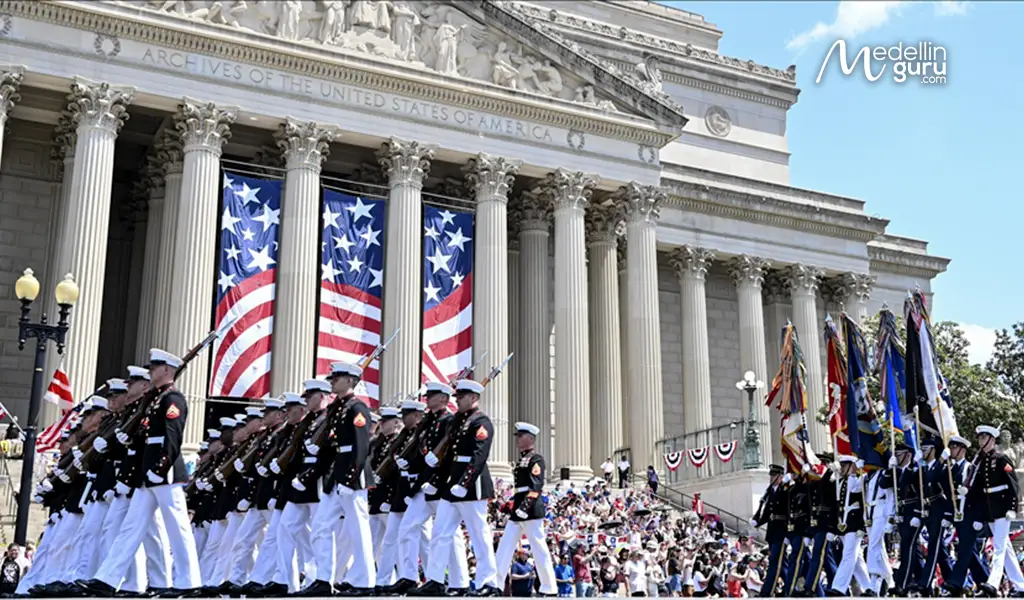
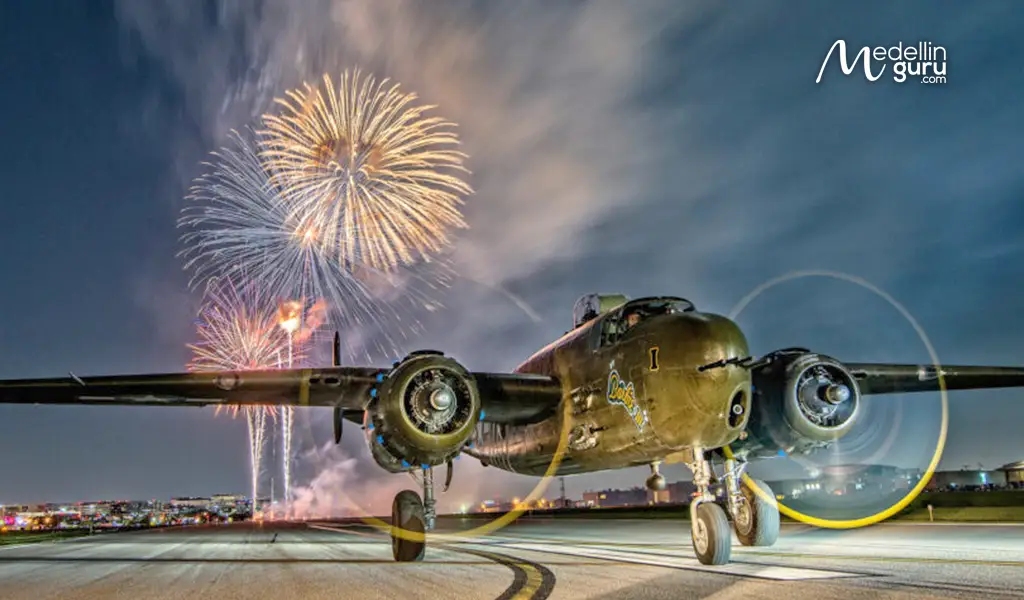
For American expats scattered across the globe, and in our case, in Colombia, Independence Day holds particular significance. It serves as a powerful reminder of their roots and a dedicated occasion to unite, often in expat communities, to collectively honor their history, culture, and national pride. These gatherings, whether large organized events or intimate get-togethers, provide a vital connection to home, allowing expats to share stories, traditions, and a sense of belonging, reinforcing their identity as Americans, regardless of their geographical location.
It is a day not just of celebration, but of reflection on the principles of liberty and self-governance upon which the nation was founded, inspiring continued appreciation for the freedoms and values that define American pride.
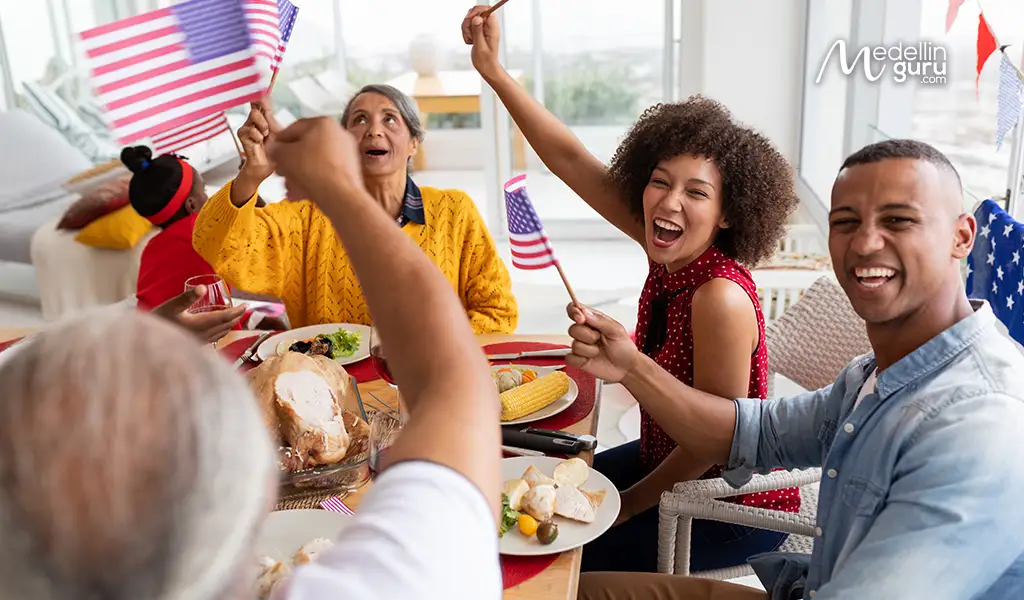
The History of the USA Independence
The Fourth of July, celebrated annually as Independence Day, marks the pivotal moment in 1776 when the Thirteen Colonies declared their separation from British rule. This declaration was the culmination of years of growing tensions, philosophical debates, and escalating conflicts between the American colonists and the British Crown.
However, this event was not an isolated incident. It was the result of widespread discontent that triggered a series of key events leading to colonial unity and, eventually, U.S. independence. Before we explore those milestones, let’s look at the historical context and the early steps toward independence:
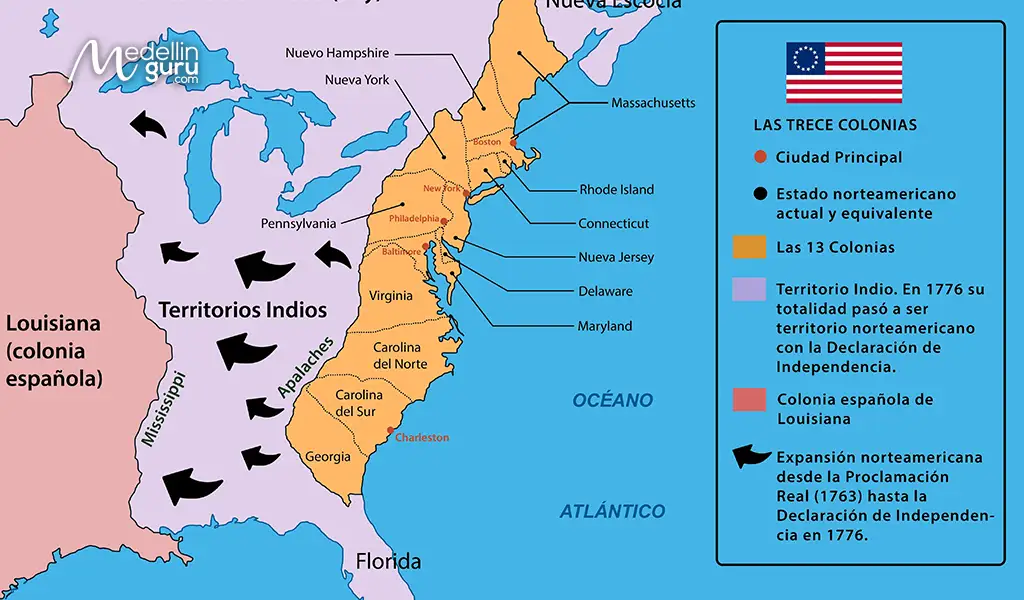
During the 17th and 18th centuries, much of what is now the United States consisted of 13 British colonies located on the eastern coast of North America. These colonies were founded by England starting in 1607 (with Jamestown, Virginia) and grew under a colonial system that allowed for some local autonomy, but always under the control of the British Crown and the Parliament of the United Kingdom.
During this period, Europe was in constant imperial competition. France, Spain, and Great Britain fought for dominance in America. This led to the Seven Years’ War (1756–1763), known in America as the French and Indian War, where British and colonists fought against France and its indigenous allies for control of the territory.
The British victory in 1763 eliminated France as a power in North America but left the United Kingdom with huge debts. To recoup the money spent on the war, the British government decided to raise taxes on the colonies and exert more direct control over their affairs, which dramatically altered the relationship between the colonies and the mother country.
That same year, King George III issued the Proclamation of 1763, which forbade colonists from settling west of the Appalachians to avoid new conflicts with indigenous peoples. Although it was intended for peacekeeping purposes, the colonists viewed it as an unjust restriction on their freedom and economic opportunity, fueling early resentment toward British control.
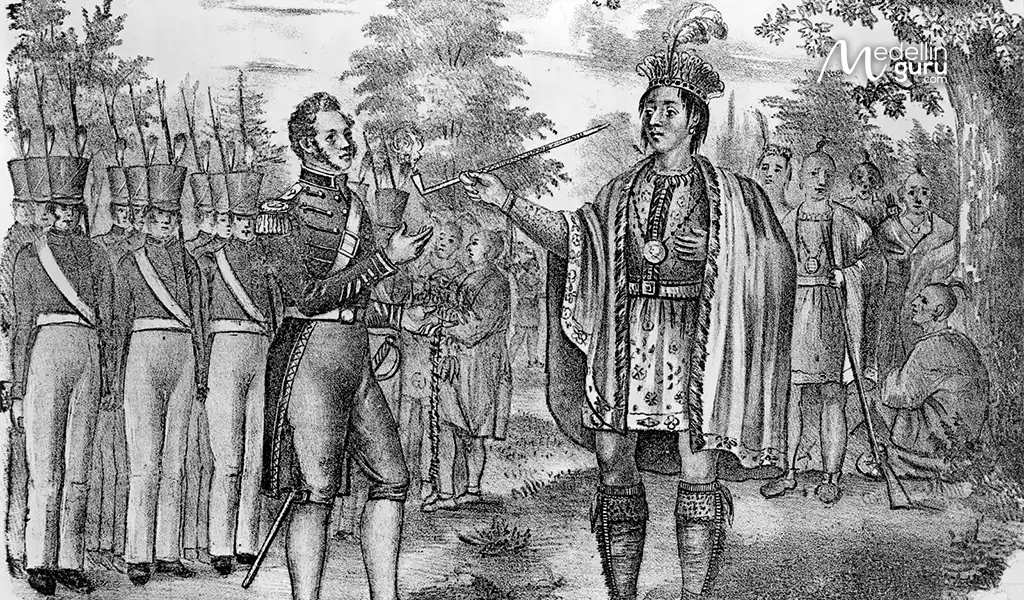
Here’s where the timeline begins:
Historic Dates related to USA Independence
The Stamp Act imposed a direct tax on printed materials, while the Quartering Act required colonists to house British soldiers. These measures were seen as violations of colonial rights, especially taxation without representation, sparking widespread protests and laying the foundation for organized resistance.
Following the repeal of the unpopular Stamp Act, Parliament passed the Declaratory Act to affirm its authority to legislate for the colonies “in all cases whatsoever.” While seemingly conciliatory, it revealed Britain’s unwillingness to grant the colonies any real autonomy, intensifying colonial fears of tyranny.
These acts imposed import duties on essential goods such as glass, paper, and tea. They reignited tensions and led to boycotts of British goods. Colonial resistance grew stronger, and the acts helped unite different colonies in protest against economic exploitation.
A street clash between colonists and British soldiers turned deadly when five colonists were shot and killed. The incident was widely publicized by colonial leaders such as Paul Revere and Samuel Adams as proof of British brutality, thereby inflaming anti-British sentiment and mobilizing public opinion.
The Tea Act allowed the British East India Company to sell tea directly to the colonies, undercutting local merchants. In response, colonists staged the Boston Tea Party, dumping 342 chests of tea into Boston Harbor. It was a bold act of defiance that prompted harsh British retaliation.
In retaliation for the Boston Tea Party, Parliament passed the Intolerable Acts, closing Boston Harbor and dissolving local governments. The colonies responded by convening the First Continental Congress, a unified body that petitioned the king and began preparations for self-defense.
At the Virginia Convention, Patrick Henry delivered a fiery speech ending with “Give me liberty, or give me death!” It captured the urgency of the moment and became a rallying cry for those who believed armed resistance was the only path left.
These were the first armed conflicts between colonial militias and British troops. Paul Revere’s midnight ride warned of the British approach. The battles proved the colonies were willing to take up arms to defend their rights, marking the beginning of the Revolutionary War.
Although technically a British victory, the battle in Boston demonstrated that colonial militias could hold their own against professional British soldiers. The high British casualties shocked the empire and bolstered colonial confidence in their fight for independence.
Paine’s pamphlet argued for complete independence from Britain in plain, persuasive language. It swayed many undecided colonists toward supporting independence and laid the ideological groundwork for the Declaration of Independence.
The Continental Congress approved the resolution for independence on July 2 and adopted the final text of the Declaration on July 4. Authored primarily by Thomas Jefferson, the document justified separation based on Enlightenment principles of individual rights and proclaimed that the 13 colonies were no longer part of the British Empire and that they constituted themselves as the United States of America
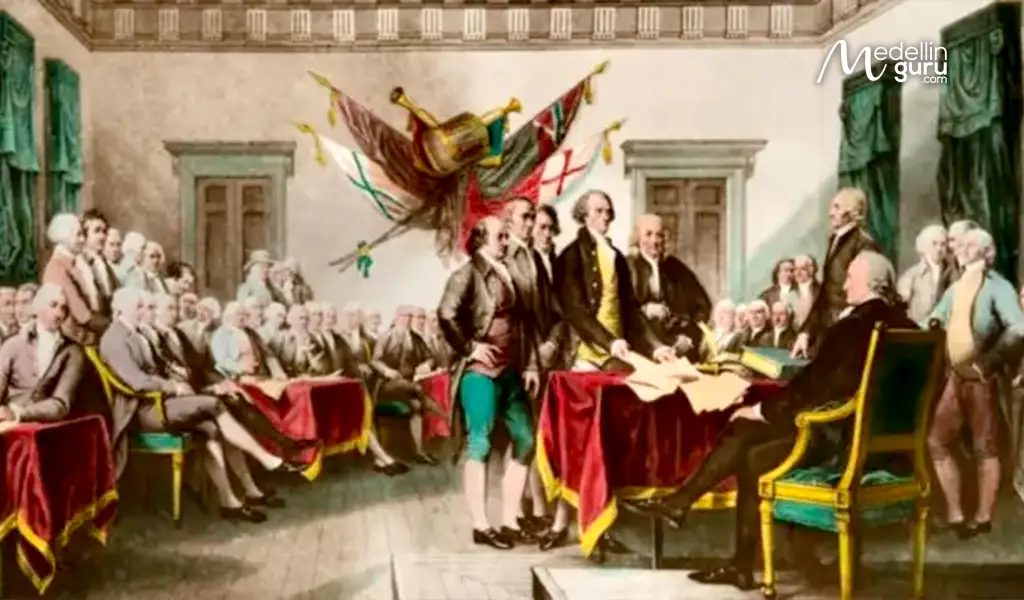
The Declaration’s opening paragraphs are among the most famous and influential words in history:
"We hold these truths to be self-evident, that all men are created equal, that they are endowed by their Creator with certain unalienable Rights, that among these are Life, Liberty and the pursuit of Happiness.—That to secure these rights, Governments are instituted among Men, deriving their just powers from the consent of the governed,—That whenever any Form of Government becomes destructive of these ends, it is the Right of the People to alter or to abolish it, and to institute new Government..."
While the Declaration marked a definitive break from British rule, the American Revolutionary War continued for several more years, culminating in the Treaty of Paris in 1783, which formally recognized the United States as an independent nation. The Fourth of July thus commemorates not just the signing of a document, but the audacious spirit of a people determined to forge their own destiny and establish a nation founded on the principles of liberty, self-governance, and individual rights.
That is why Independence Day in the United States is celebrated on July 4 each year, symbolizing the political and moral will of the colonists to break away from the British monarchy, not the British approval.
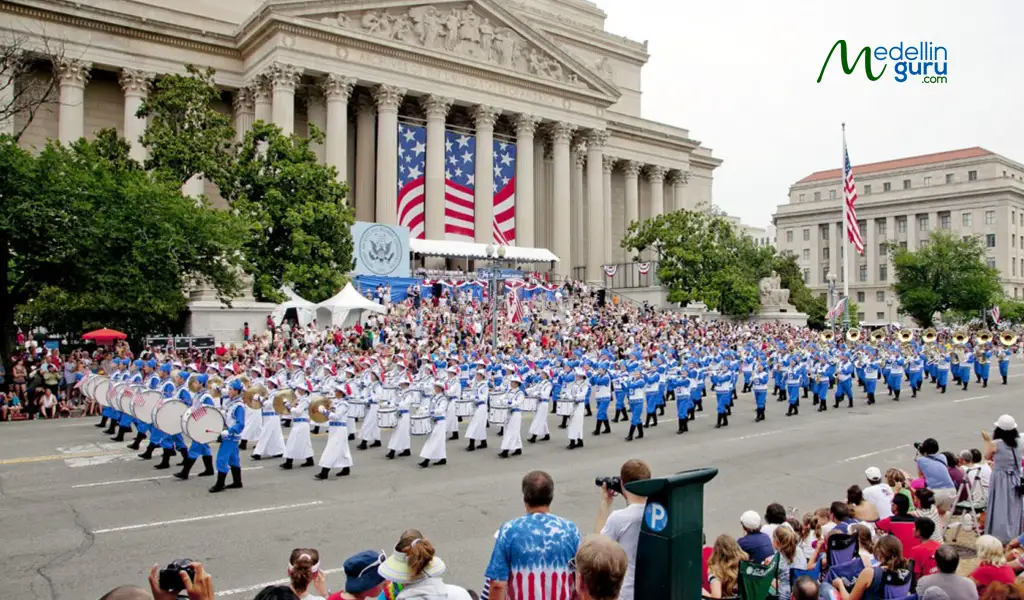
Patriots: Leaders Who Secured the USA's Independence
The achievement of independence was not a spontaneous event but the result of years of struggle, sacrifice, and the unwavering dedication of a diverse group of individuals known as patriots. These were the visionary leaders, thinkers, soldiers, and citizens who dared to challenge the might of an empire and envision a new nation founded on principles of self-governance and individual freedom.
Among the most prominent patriots and leaders were figures like
George Washington
The Commander-in-Chief of the Continental Army, whose military leadership and perseverance were instrumental in securing victory against the British. His steadfastness during the harsh winters and complex campaigns inspired his troops and the nascent nation.
Thomas Jefferson
The principal author of the Declaration of Independence, whose eloquent words articulated the core ideals of the American Revolution. His intellectual contributions provided the philosophical framework for the new republic.
Benjamin Franklin
A polymath, diplomat, and one of the Founding Fathers, Franklin’s diplomatic efforts in France secured crucial alliances and financial support for the American cause, proving vital to the war effort.
John Adams
A passionate advocate for independence and a key figure in the Continental Congress. His legal acumen and unwavering commitment to the cause helped push for the Declaration’s adoption.
Samuel Adams
A powerful orator and organizer, often considered one of the most influential figures in stirring colonial resistance against British policies. He was a master of political agitation and played a crucial role in mobilizing public opinion.
Paul Revere
Famous for his midnight ride, warning colonial militias of approaching British forces, embodying the spirit of citizen vigilance and resistance.
Abigail Adams
A remarkable early advocate for women’s rights and an influential correspondent with her husband, John Adams. Her letters provide invaluable insight into the challenges and aspirations of the revolutionary era.
Beyond these well-known figures, countless ordinary men and women contributed to the independence movement. Farmers, artisans, merchants, and laborers—both free and enslaved—played their part, whether by joining militias, providing supplies, sharing intelligence, or simply enduring the hardships of war. Their collective courage and determination were the actual engine of the revolution.
Places to Commemorate the USA Independence Day in Colombia
USA Independence Day is a joyous celebration and reflection on the nation’s journey to freedom. Join us as we explore the significance and historical importance of celebrating July 4th as an expat in Colombia. If you want to enjoy this or other holidays in Colombia, don’t forget to process your visa on time. Click the green button below, and we will redirect you to our reliable partner expatgroup.co.
Medellin Guru Visa Service
The visa agency we partnered with has helped 2,171 Medellin Guru readers
GET 40% OFF IN YOUR COLOMBIA VISA PROCESS
The expatgroup.co anniversary offer is now open! Start your Colombian visa application with our reliable partner and confidently relocate to Colombia.
*Offer available until January 30th and applies only to the EG’s service fee.
*Apply terms and conditions.
Here are some recommended places for expats in Colombia who want to honor or celebrate U.S. Independence:
U.S Embassy in Colombia
These are official U.S. government spaces that occasionally host private or invitation-only July 4th events, particularly for U.S. citizens abroad. You can also connect with services or register your presence as an American citizen.
Follow their social media for updates on events open to the public and how to take part.
American Bars, Restaurants, and Sports Pubs
Great places to meet fellow expats and enjoy American-style celebrations on July 4th. Here are the top picks:
- Bogotá: Bogota offers a variety of American-style bars, restaurants, and sports pubs. TripAdvisor lists several American restaurants, including Tremé, Hooters Zona T, and Ugly American Bar & Grill. For sports bars, options include Hotel Americano and Hotel Habitel Select. Additionally, many bars and pubs offer American-style food and a lively atmosphere, such as 58byHouse and Cabrera Resto-Bar according to TripAdvisor.
- Medellín: Here are some top American-style bars, restaurants, and sports pubs in Medellín where you can catch live games, enjoy burgers, wings, and a vibrant atmosphere for USA Independence Day
- Cartagena: Celebrate the 4th of July in Cartagena like a true American because the city offers excellent American-style bars and sports pubs where you can feel right at home. Head to the lively Clock Pub in the heart of the historic center for craft beer, pub food, and sports on multiple screens. If you’re in Bocagrande, Vibe Gastrobar is a favorite among expats for its modern American menu and live game screenings. For a more elevated experience, enjoy the rooftop view and BBQ flavors at Coliseo Sport Bar 84. German-American fusion lovers can try León de Baviera. Wherever you go, Cartagena offers a festive and flavorful way to toast to freedom.
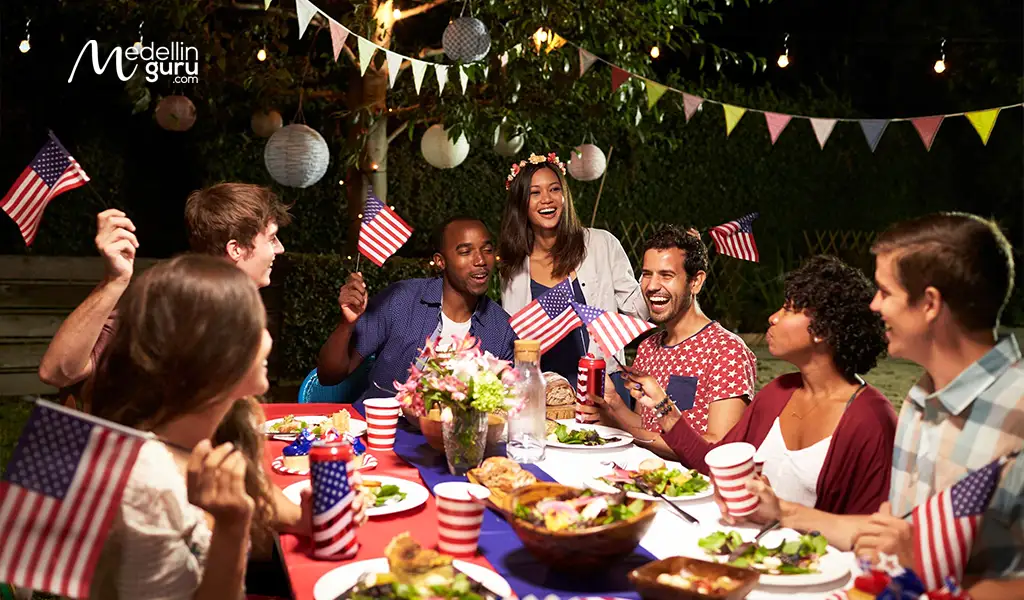
Host Your Own Gathering
Many expats in Colombia commemorate July 4th by hosting a BBQ or picnic with friends. What could be more quintessentially American than a classic BBQ? Take advantage of the warm weather in Medellín, Cartagena, or Cali. If you’re in Bogotá, enjoy the city’s wide variety of parks and public spaces. Or embrace the peaceful atmosphere in cities like Armenia, Pereira, Manizales, or Bucaramanga, and throw a cookout in your backyard.
Most supermarkets in the area offer a variety of meats like burgers, sausages, and chicken wings, so consider buying in bulk. Pair these with potatoes and salads, and if you’re in the mood, you could even bake a pie for dessert. You’ll also find American beers and those familiar red cups at most tiendas and shops to ensure your celebration is complete. consider buying in bulk. Pair these with potatoes and salads, and if you’re in the mood, you could even bake a pie for dessert. You’ll also find American beers and those familiar red cups at most tiendas and shops to ensure your celebration is complete.
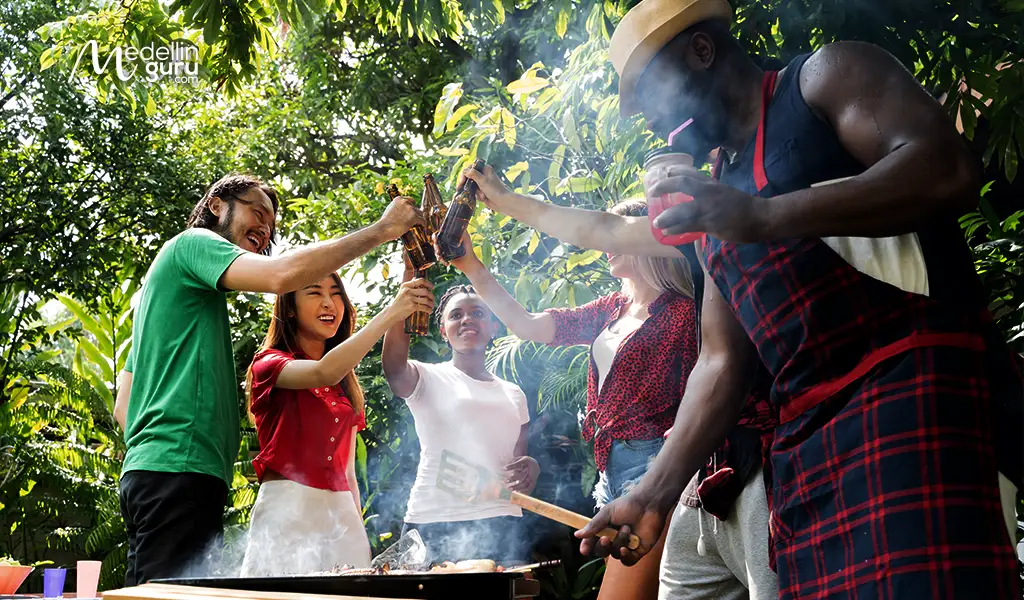
Gather with other expats in Colombia
If you’re in Medellín or other Colomian cities by yourself and want to meet up with other solo travelers on July 4th, there are a number of platforms and groups to organize an event and make new friends. Generally, expats in the city are very welcoming and often embrace the opportunity to reminisce about their homeland, so spending the day with compatriots can be an awesome experience.
Post in these groups and suggest some July 4th activities to the community. You can also join the Medellin Guru Facebook Group to connect with other expats and stay informed about upcoming celebrations by clicking the link on the right side.
Advice for Celebrating USA Independence Day as an Expat in Colombia
If you are in Colombia and you want to join the celebrations, this can be an opportunity to immerse yourself in the local culture and express your American pride. Here are some ways to participate and enjoy the festivities:
-
Dress in Red, White, and Blue
Embrace the spirit of the 4th of July by wearing red, white, and blue. Show pride in your American roots while also respecting the local culture. You can even incorporate some Colombian elements into your outfit for a unique blend!
-
Display American Flags
Consider hanging an American flag in your home to celebrate the occasion. This gesture not only shows your patriotism but also invites conversation with your Colombian friends about American culture and traditions.
-
Organize a 4th of July Barbecue or Picnic
Host a barbecue or picnic and invite locals and fellow expats. Share traditional American foods, such as burgers, hot dogs, and apple pie. It’s a great way to celebrate while introducing others to American culture.
-
Attend Local Festivities
Check out any local 4th of July events organized by the American community or expat groups. Participate in parades or gatherings if available, and enjoy the festivities with fellow Americans and locals.
-
Engage with Locals
Ask locals about their perception of American Independence Day and share your own experiences. Engaging in these conversations can foster mutual respect and understanding, enriching your expat experience.
-
Join Expat Groups or Online Communities
Connect with fellow expats through social media or local organizations. These groups often organize events for the 4th of July and provide a support network where you can share ideas for celebrating while abroad.
-
Avoid Using Fireworks
Although fireworks are a common activity in the United States on this day, avoid using them on your own. Instead, look for controlled displays organized in safe locations and approved by local authorities so you don’t break local laws or disturb your neighbors.
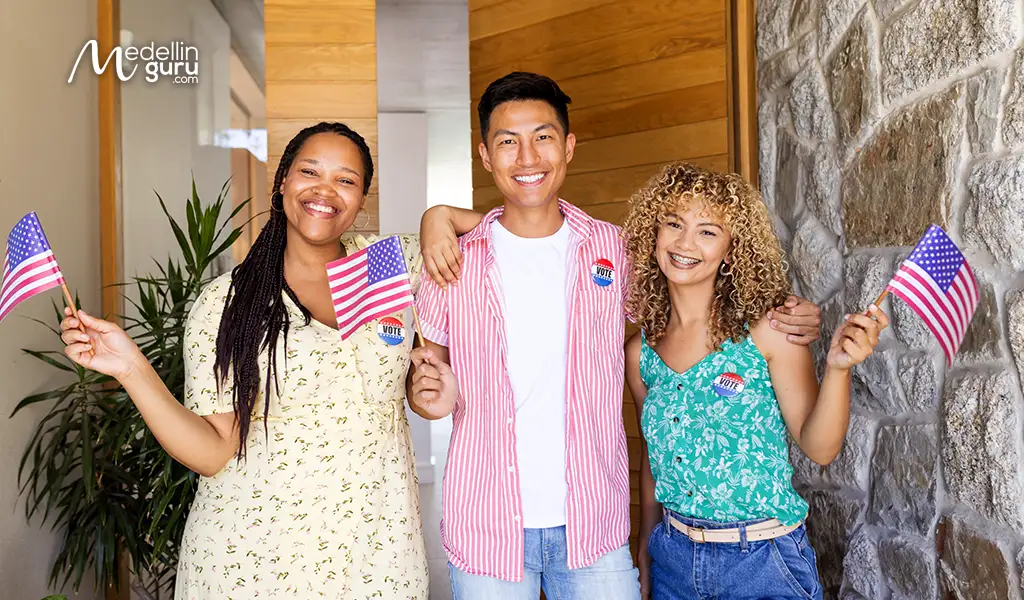
Medellin Guru's comprehensive Colombian culture series
In Medellin Guru, we love Colombia, and we usually write many blogs about Colombian culture, places to visit, and other tips for all expats to have a reliable guide and valuable and relevant information about Colombia. Read our blogs about Colombian Culture here:
- Top Tourist Attractions in Colombia: Top Things to Do
- Top Things to Do in Medellín and Nearby: Top Tourist Attractions
- How to be an Expat in Colombia: 12 Tips to be a Successful Expat
- Top Things to Do in Cali and Nearby: Top Tourist Attractions
- Celebrating July 20th: Colombia Independence Day
- Norte de Santander: 5 Escapes for a Weekend Adventure
- Unlock Ipiales in 24 Hours: Your Essential Adventure Blueprint!
- Pasto: Discover the wonders of the Surprise City
- Top Popular Colombian Drinks to Try When You Visit Colombia
- Villa de Leyva: A Colonial Gem in the Colombian Andes
- Traditional Colombian Food Dishes You Must Try in Colombia
- Medellin Guru Launch 2023: Gentrification, Tourism and Investment
- Popular Colombian Desserts You Must Try While in Colombia
- Exotic Tropical Fruits of Colombia a Fruit Lovers Paradise
- Popular Colombian Soups to Try When You Visit Colombia
- Día de las Velitas: Day of Candles Tradition in Colombia on December 7
- Things in Colombia That May Be Strange for Foreigners
- Things Colombians Do That Foreigners May Find Weird
- Popayán: A Well-Preserved Colonial Gem in Colombia Worth Visiting
- Tejo: A Colombian Game That Rewards You for Explosions
Other things to see and do in Colombia
- Caño Cristales – the most beautiful river in Colombia, which has also been called the most beautiful river in the world by some people.
- Carnival in Barranquilla – the second largest carnival in the world.
- Cartagena – Oozing history, romance and sun-drenched beaches, the allure of historical Cartagena is hard to resist.
- Ciudad Perdida – the site of an ancient city in Colombia that is older than Machu Picchu in Peru.
- Colombia’s Pacific coast – often overlooked by tourists visiting Colombia but offering untamed nature and undiscovered beauty that is off the beaten path for most foreign tourists.
- Desierto de la Tatacoa – the second largest arid zone in Colombia is Tatacoa Desert, which has surreal desert landscapes and some of the best stargazing in Colombia.
- Guatapé – a picturesque pueblo near Medellín known for its huge rock and lake. And it’s likely the most visited pueblo in Colombia by foreigners.
- La Guajira Peninsula – one of the most visually stunning places in South America, which is located on the northern tip of Colombia where the desert meets the sea.
- Las Lajas Sanctuary – the most beautiful church in Colombia, which has also been called the most beautiful church in the world.
- Medellín’s Christmas lights – Medellín’s annual world-class Christmas lights known as Alumbrados Navideños.
- Feria de Las Flores Medellin – Medellín’s world-famous flower festival each year.
- Parque Nacional Natural Los Nevados – a popular national park in Colombia located in the heart of the Colombian coffee region.
- Parque Tayrona – known for its beautiful beaches and the world’s highest coastal mountain range.
- Popayán – a colonial gem in Colombia best known for its white buildings and churches, it’s a city off the beaten path for foreign tourists but is definitely worth visiting.
- Rio Claro Nature Reserve – located about three hours from Medellín, Rio Claro is the perfect place to unplug from hectic daily life and enjoy a picturesque crystal-clear river, canyon and tropical rainforest.
- Salento and the Cocora Valley – Salento is a picturesque pueblo in Colombia’s coffee region and the nearby Cocora Valley is one of the most striking landscapes found in Colombia.
- San Agustín Archaeological Park – the largest group of pre-Columbian monuments and megalithic statues in South America and is a UNESCO World Heritage Site.
- San Andrés – Colombia’s Caribbean island which is a UNESCO World Biosphere Reserve featuring many beaches, islets and coral reefs that are filled with flora and fauna.
- San Gil – Colombia’s adventure capital that is full of things to do including white water rafting, paragliding, caving, rappelling, hiking and much more.
- San Jose del Guaviare – a hidden gem and eco-tourism location off the beaten path and offering wildlife watching, jungle trekking and delving into Colombia’s prehistoric past.
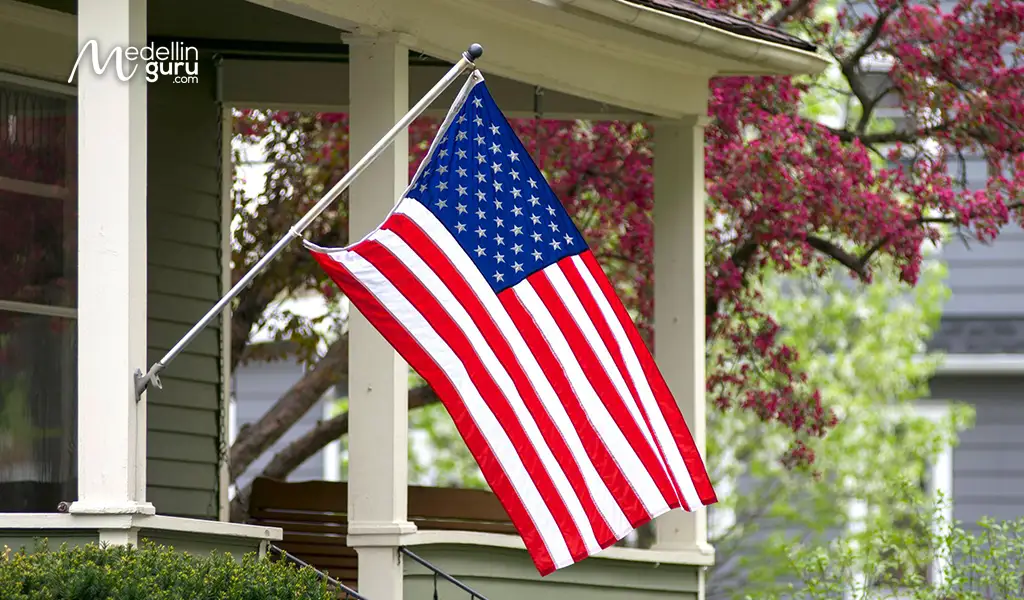
Celebrate while you take care of yourself, with a reliable travel health policy that will accompany you on your journey through Colombia and around the world.
The Bottom Line: Celebrating the 4th of July: USA Independence Day
Celebrating the 4th of July as an expat in Colombia allows for a heartfelt connection to American heritage, providing a chance to unite with fellow expatriates, share traditions, and reflect on the values of freedom and independence that define the nation. Embrace this vibrant holiday with community gatherings, cultural events, and a shared sense of pride, all while honoring your roots from afar.
Medellin Guru Social media
Be part of our community. Find out about news, participate in events and enjoy the best of the city.


